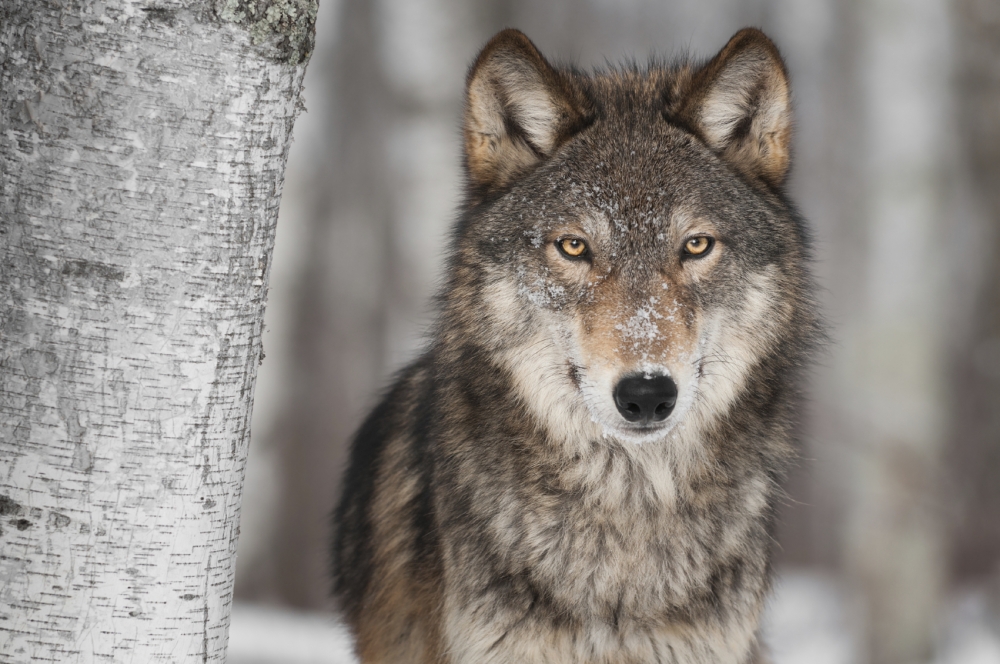
Panel Issues Report on Gray Wolf Science

As the Endangered Species Act (ESA) celebrated its 40th anniversary at the end of 2013, its administrative agency, the U.S. Fish and Wildlife Service (USFWS), was mired in controversy. At issue was proposal to remove the gray wolf (Canis lupus) from the List of Endangered and Threatened Wildlife and add the Mexican gray wolf (Canis lupus baileyi).
As a result, the USFWS sought an independent peer review of the science behind the proposed rule to delist the gray wolf species. The agency commissioned UC Santa Barbara’s National Center for Ecological Analysis and Synthesis (NCEAS) to conduct an unbiased assessment and clarify critical scientific issues.
NCEAS managed and hosted the peer review process, including vetting prospective reviewers, before selecting the final panelists. The USFWS was not involved in the selection of panelists nor was it actively involved in the peer review process.
The panelists unanimously decided that the USFWS’s earlier decisions were not well supported by the available science. They acknowledged that last year’s proposed rule represented a significant technical effort and recognized its logical consistency with the science used as the primary basis for the USFWS recommendations.
At the same time, the panel highlighted that the proposed rule was strongly dependent on a single publication, which was found to be preliminary and not widely accepted by the scientific community. The panelists identified additional scientific research that should be considered before proposing a change in the listing status of the gray wolf.
“An important part of NCEAS’s mission is supporting and advancing science relevant to decision-makers and on-the-ground conservation,” said Frank Davis, director of NCEAS. “We are glad that the USFWS sought our help, and we hope that the review process will help all parties moving forward.”
Steven Courtney, an NCEAS associate who has worked on ESA issues for many years, chaired the peer review panel. Four additional panelists were chosen for their expertise in such related areas as population dynamics, DNA profiling and knowledge of wolves and other at-risk species.
The final report from NCEAS draws upon the cumulative knowledge of these eminent scientists. The review panel focused solely on scientific issues, not on specific policy recommendations, and its findings were carefully crafted to be completely independent of the government following earlier perceptions of bias in reviewer selection. The full report is posted on the USFWS’s Gray Wolf Recovery website and the public comment period has been reopened.
“NCEAS helped us by conducting a transparent, science-based, fair, and well-documented peer review process,” said Gary Frazer, the service’s assistant director for ecological services. “We wish to thank NCEAS for its support.”



